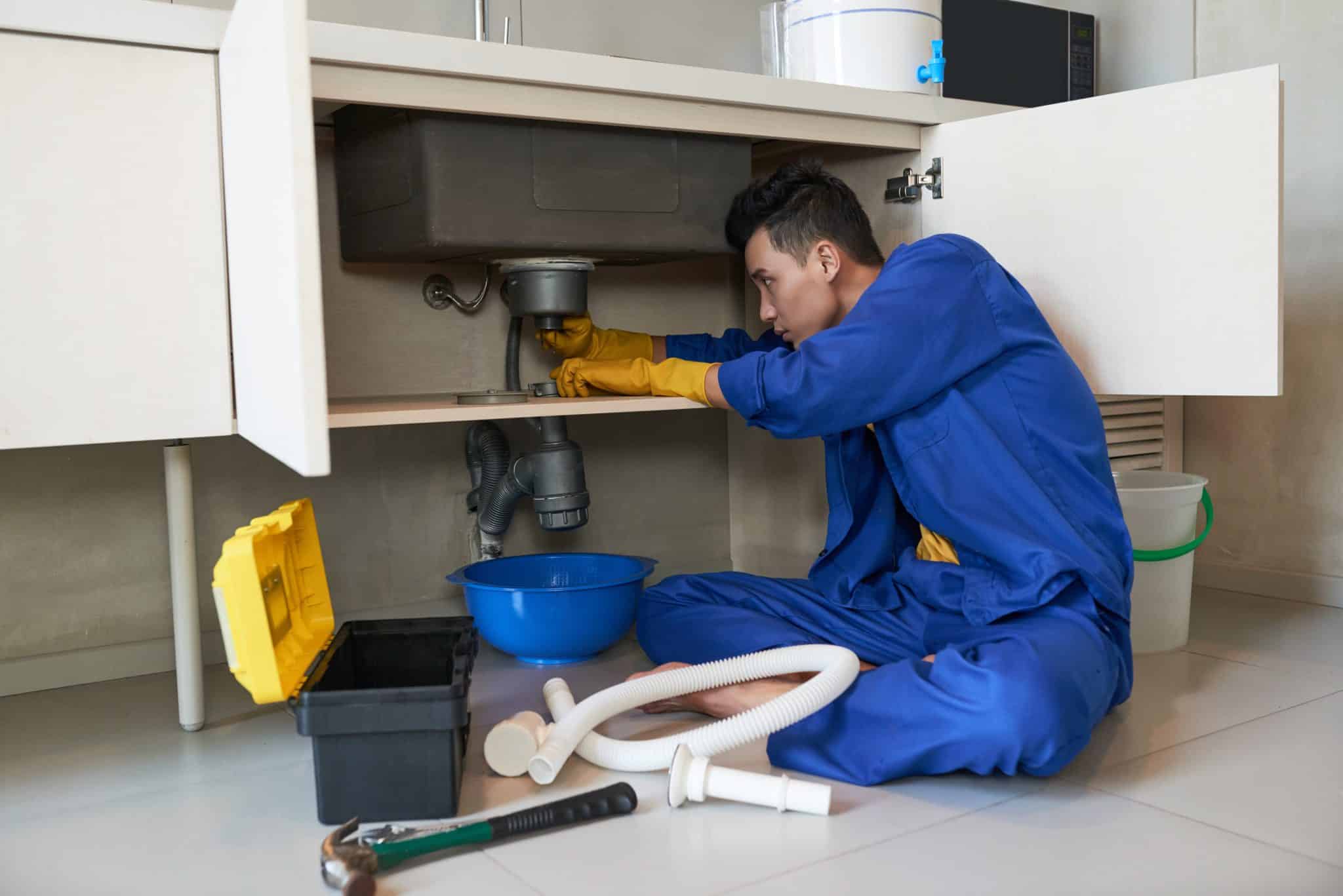The aerospace industry is one of the most dynamic and exciting industries globally. With innovations constantly being developed, the journey to space and beyond is becoming more reachable. The success of any company within the aerospace industry relies on its suppliers, who provide vital components that make these incredible feats possible. Joyce Tzu Chun Chang dives into the thriving world of aerospace suppliers and sees how they contribute to the industry.

The Importance of Aerospace Suppliers
Manufacturing a spacecraft, jet engine, or any related component is no easy feat. The high-demand aerospace industry requires a level of precision unmatched by any other industry. Thus it’s no secret that having a reliable and efficient supply chain is vital. A prolonged delay or a missing part can cost millions of dollars and put the entire project at risk. Aerospace suppliers play a crucial role in ensuring the smooth running of the supply chain by providing quality components on time, every time.
Moreover, aerospace suppliers must comply with strict regulations and standards set by organizations such as the Federal Aviation Administration (FAA) and the European Union Aviation Safety Agency (EASA). These certifications ensure that every component delivered meets the necessary safety and quality requirements. As a result, aerospace suppliers must maintain high consistency in their production processes to meet these standards.
The Need for Innovation
As mentioned earlier, innovation is essential in the aerospace industry. There is constant pressure among industry players to develop new technologies that can take humanity to the next level. Aerospace suppliers, therefore, are challenged to innovate continuously.
They must stay current with the latest trends and technologies, often partnering with institutions and academic institutions to ensure they provide the best quality components possible. Innovation in aerospace is a collective effort, and suppliers are an essential part of this effort.
The Supply Chain in Aerospace
Every company within the aerospace industry has a unique supply chain comprised of several suppliers. The supply chain can be long and complex, including multiple intermediaries, transportation logistics, and international regulations that suppliers must comply with. Aerospace suppliers must stay on top of these challenges while constantly improving their operations.
Thanks to the growth of technology and digitization, aerospace suppliers are adopting innovative practices to reduce lead times, minimize costs, and increase efficiency.
A Competitive Market
Besides managing extensive logistics and regulations, aerospace suppliers operate in a highly competitive landscape. Aerospace giants such as Airbus and Boeing rely on a global network of suppliers. However, the competition to be listed as an official supplier for these industry leaders is fierce. As a result, suppliers must differentiate themselves from others in the industry by offering superior quality components, excellent customer service, and innovative, cost-effective solutions.
One of the advantages of the competitive market is that it constantly drives suppliers to improve and innovate. This benefits their customers and spurs progress within the aerospace industry as a whole.
The Future of Aerospace Suppliers
The future of aerospace suppliers looks promising. The abundance of opportunities in the aerospace industry means that the demand for quality suppliers will continue to rise. The push for space exploration, the increasing use of unmanned aircraft, and the drive for alternative energy sources are all opportunities suppliers can capitalize on and grow their business.
The future of aerospace suppliers will require embracing innovation and sustainability. Sustainable practices will become increasingly necessary, with more stringent regulations likely to be implemented. The ability to offer sustainable solutions will become a comparative advantage in the industry.
In addition to the growth opportunities, aerospace suppliers will face new challenges. The rise of new technologies, such as 3D printing and artificial intelligence in manufacturing, may disrupt traditional supply chain models. As a result, aerospace suppliers must be adaptable and open to embracing new technology to stay ahead of the curve.
Conclusion:
The role of aerospace suppliers is vital in the aerospace industry. They are an essential component in an intricate supply chain supporting the development and evolution of incredible technologies. The thriving world of aerospace suppliers constantly requires innovation and adaptability. Those who can innovate and adapt will be the ones to capitalize on the many opportunities in this exciting industry. The future of aerospace suppliers promises to be filled with growth and opportunity.
No related posts.


